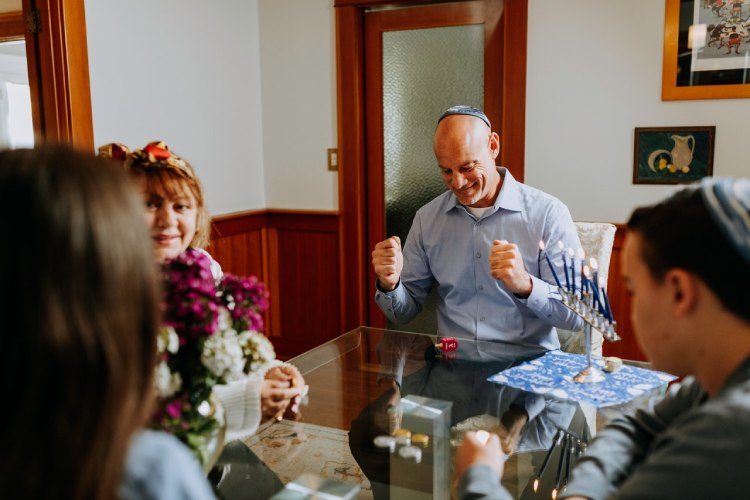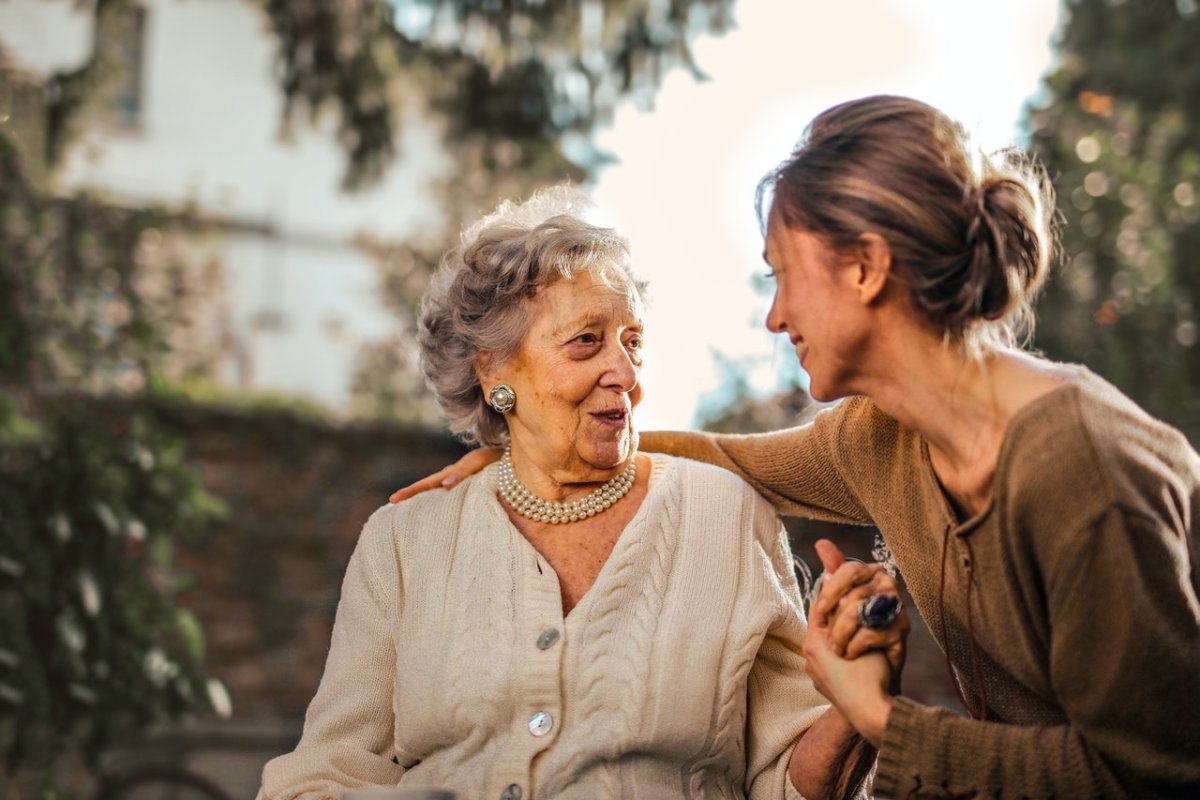As they age, seniors may find themselves experiencing mental health issues.
It’s not unusual for older adults to become isolated and to lead a less active lifestyle, which can lead to such problems as loneliness, anxiety, depression, and cognitive decline.
However, these problems aren’t inevitable. Here are some steps you can take to help older relatives with their mental health.
Let’s take a look at them.
1. Intellectual Stimulation

Older adults’ mental health can be improved by keeping their minds stimulated.
Just as muscle weakness occurs from physical inactivity, an older adult’s brain can become weaker due to lack of use. Playing games that encourage cognitive stimulation can help your aging loved one to stay sharp.
Games that involve strategy, problem-solving and active engagement can be beneficial.
Using the mind in novel ways on a regular basis can improve critical thinking, planning, processing, decision making, and reaction time. It can even help to strengthen short-term memory.
In addition to puzzles and games, you can encourage your family member to play an instrument, learn a new language, keep a journal, or read more books.
Anything that keeps their mind engaged will be helpful in warding away mental health problems.
2. Physical Activity
Physical activity can also be good for an older’s person’s emotional outlook. It can help to lift their confidence and lead to a sense of self-sufficiency.
Exercise can keep depression and anxiety in check.
Energy and alertness will also rise as they become more active.
Even something as simple as regular walks is a good start. It gets them moving and offers a change of scenery.
Yoga, swimming and low-impact sports are also worth considering.
Talk to your loved one’s doctor to be sure each type of exercise is appropriate based on the individual’s current physical condition and medical history.
Related Article: 5 Amazing Ways to Have Physically Strong Children
3. Social Time

Another way to stay active is to get involved with other people.
Humans are naturally social creatures. The need for connection doesn’t end just because we grow older.
Try to encourage your relative to spend time with friends and family members. If they don’t have anyone close to them, there are ways to make new friends as an older adult.
Senior centers and clubs are great sources of socialization among the aging population. They can even reach out to people with common interests virtually through outlets like Facebook and Zoom.
Making phone calls or writing letters are tried and true methods for staying in touch.
Social interaction alleviates loneliness.
It also brings a sense of community and contribution that improves one’s emotional state.
4. Rest & Relaxation
Adequate sleep is crucial to good mental health.
Seniors can have difficulty falling or staying asleep at night. If your relative is experiencing sleep problems, be sure to mention it to their physician.
Sometimes just encouraging a regular nighttime routine of quiet and a nice cup of herbal tea can help bring on sleep.
Supplements like CBD might also quiet the mind and promote restfulness.
Look for authentic ccell vapes or other types of products based on your loved one’s preference or physician’s recommendation.
Afternoon naps might be needed with age. Trial and error will help you to eventually determine what works best for your loved one.
You may also want to consider upgrading their mattress for improved comfort and support.
5. Hobbies & Leisure
A person in retirement doesn’t have to just sit around doing anything.
Now is the time to engage in all the activities they were too busy to do in the past.
Encourage your older loved ones to pick up their favorite hobby again. Remind them that there’s plenty of room for fun in their life.
Also, offer to help them find the materials they need or to get involved with them.
Not only is pursuing hobbies and interests likely to be an enjoyable and rewarding experience, but it will also help to keep their mind active as noted earlier in this article.
These are all things you can do to help your older relatives improve their mental health. It can be tempting to spend time alone and to stop being as involved as they once were.
Try not to let that happen!
Be a cheerleader for your loved ones and encourage them to be more physically, socially, and emotionally active in their later years.
James is the Founder & CEO of GurusWay.com. Majoring in Business and other life-changing sectors, James covers helpful content and shares his experience with the targeted audience.